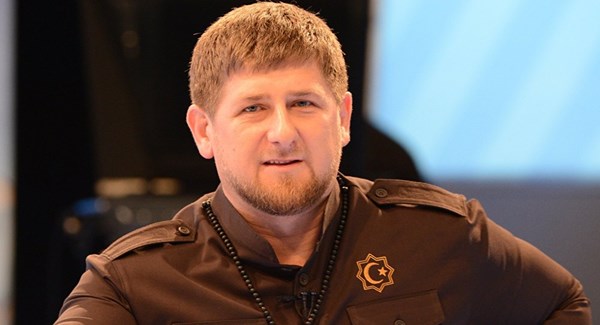Russia asks Facebook and Instagram to explain why Kadyrov’s account were blocked
The Federal Service for Supervision of Communications, Information Technology, and Mass Media, (Roskomnadzor) asked the social networks, Facebook and Instagram, to provide explanations for blocking accounts belonging to the leadership of Chechnya, in particular, the Head of the Republic, Ramzan Kadyrov.
On December 26th, Roskomnadzor sent a letter to Facebook’s management asking about the reasons for removing Ramzan Kadyrov's accounts from Facebook and Instagram," according to the Russian department’s statement.
On December 23rd, Kadyrov's profile was blocked on Instagram, and his Facebook page was also unavailable. Kadyrov linked the disappearance of his pages in social networks with his being added to the Magnitsky sanctions list.
Kadyrov had more than 3 million followers on his Russian-language account on Instagram and more than 750,000 on Facebook.
The Ministry of Press and Information of Chechnya, called the blocking of of Kadyrov's accounts on Facebook and Instagram a "dirty cyber-attacks" carried out US authorities.
On December 20th, the US Department of Treasury put of the head of the Russian region of Chechnya, Ramzan Kadyrov, and four other officials on the list of people subject to sanctions under the Magnitsky Act. The Ministry indicated on Twitter that these people were involved in the death of Sergei Magnitsky "and other gross violations of human rights in Russia."
In 2012, the US Congress adopted the Magnitsky Act, a bill on sanctions against Russian officials who were considered guilty of human rights violations. In 2016, the bill was also extended to officials of other countries for similar violations. Similar laws on sanctions against human rights violators, particularly in Russia, were also adopted by Great Britain, Estonia, Lithuania, and Canada.
The bill was named after Sergei Magnitsky, a Russian lawyer who died in a Moscow prison. Magnitsky worked for an investment fund managed by the British-American investor, William Browder. Magnitsky was jailed on charges of developing a tax evasion scheme, after he reported that he had exposed the opposite - a scheme by which officials of the Ministry of Internal Affairs, the tax revenue agencies, and other Russian government bodies stole $230 million in taxes paid by the fund.
In 2009, Magnitsky died in a remand prison in Moscow at the age of 37 due to heart problems. Russian human rights activists confirmed that the authorities deliberately ignored the poor state of his health in order to silence him.
